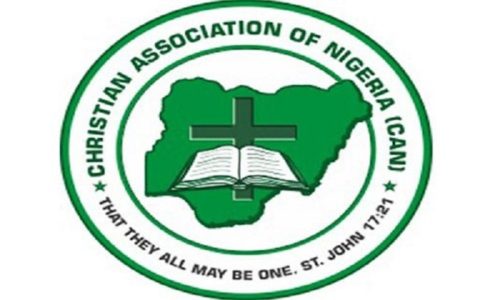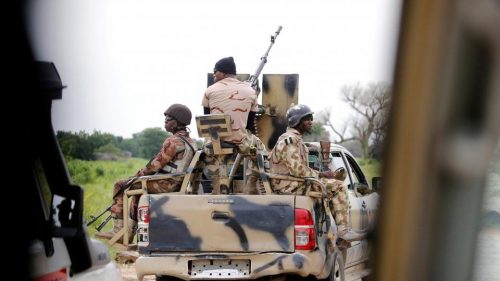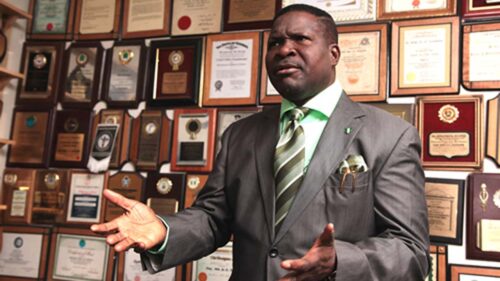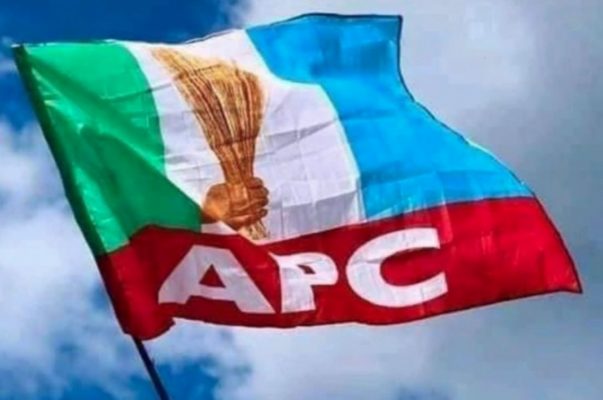How North is destroying itself —Turaki

Banditry, Boko Haram, abduction, and other forms of rebellion that are currently occurring in Nigeria are not insurgencies.
When a group of citizens revolt against a legitimate authority or government, this is known as insurrection.
The people, not the government or any authority, are the object of banditry. Boko Haram is an Islamic sect whose main focus is non-believers in their religious philosophy, not the government.
The people, not the government, are the primary focus of kidnapping. What is happening in Nigeria, especially in the northern states, is that some sectarian groups are fanning racial, religious, and cultural embers against certain groups of people. Some religious, social, and government institutions sympathize with these sectarian groups.
Nigerians as a people and as a government have purposefully avoided dealing with the issues of chaos and division among Nigerians. Nigerians have a basic issue in that they lack a national ethic.
A national ethic is an ethical framework that serves as a code of ethics for all Nigerians’ attitudes, behaviors, and social practices. When established, a national ethic should be able to replace the current state of powerful and divisive negative sub-national values and interests created by Nigeria’s fundamental social factors, such as ethnicity, religion, culture, and regional settings.
Each of these produces its own set of values and interests, which are incompatible and do not harmonise to form a new set of national common-ground values, objectives, and interests to direct and moderate Nigerians’ attitudes, behaviors, and social practices.
Nigerians are not generally patriotic or loyal to their country as a sovereign state. Nigeria also lacks a developing and unified national social solidarity among all Nigerians. The divisive groups on the ground aim to protect, support, project, defend, or enforce their subnational ideals, personalities, and desires on the rest of Nigerians, either peacefully or violently.
READ ALSO: Again, Northern elders condemn rising spate of insecurity across Nigeria
Such subnational organizations have arisen to promote their own interests over Nigeria’s unity and peaceful coexistence. Nigerians, for example, speak at odds with one another, as shown by the presence of groups such as the Niger Delta rebels, MASSOB, Bakassi, ACF, IPOB, OPC, Afenifere, MBF, Boko Haram, Fulani herdsmen, pirates, kidnappers, and so on.
There’s nothing wrong with a community trying to preserve its race, identity, heritage, faith, country, culture, and ancestral land, among other things. Only when these subnational communities and their ideals are incompatible with the spirit of nationhood, citizenship, national harmony, unity, and peaceful coexistence is it false.
The problem is that humans have tainted God’s diversity and existence. The majority of Nigerians and the country’s political culture have historically favored the pursuit of subnational ideals and interests, rendering nation building and national integration difficult.
Positive national values are yet to emerge among Nigerians. Currently, subnational ideals, desires, and powers are tearing Nigeria apart, and the new political culture isn’t helping matters by providing a forum and a negative ideology of chronic ethnocentrism, primordialism, regionalism, religious and cultural bigotry, and pervasive corruption.
These are the subnational principles and desires that have kept Nigeria hostage, resulting in the country’s underdevelopment.
The presence of a poor state in Nigeria exacerbates the chaos and division. Nigeria currently lacks transformational political leaders capable of leading Nigerians toward the development of a viable and conducive society.
Great nations have been founded in the past by innovative political leaders who transformed their countries. Nigeria does not currently have such capable leaders.










